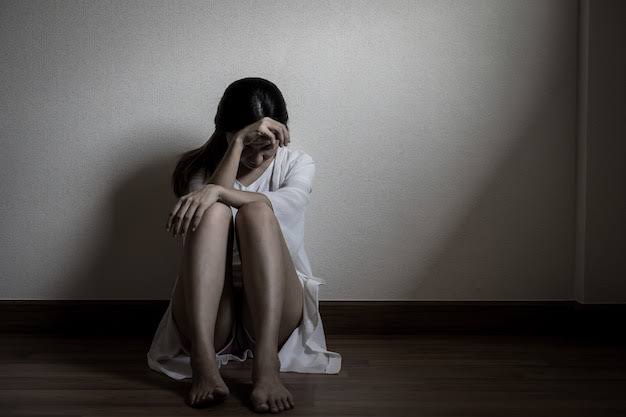
As a journalist, I’ve heard a few testimonies about relationships, families, and the many complexities that come with acceptance of children sired outside by men although a section has embraced it.
The question that continues to intrigue me and many others is why many women find it difficult to care for children fathered outside their relationships. After observing several cases and hearing personal stories, I’ve formed my perspective on this matter, rooted in both empathy and understanding.
Emotional Wounds Cut Deep
One of the biggest reasons why most women struggle with this issue boils down to the emotional scars that infidelity leaves behind. For many, a child sired outside the relationship becomes a symbol of betrayal. As someone who has spoken to women facing this dilemma, I’ve seen how the child’s presence can reopen old wounds. The emotional pain is real, and it’s hard to blame anyone for struggling with such a painful reminder.
It’s Hard Not to Feel Like You’re in Competition
A common theme I’ve noticed is the sense of competition women feel when their partner fathers a child with someone else. Questions like, “Why wasn’t I enough?” or “What did she offer that I couldn’t?” can gnaw at their self-esteem.
These thoughts often fuel a subtle rivalry—not necessarily with the child, but with the biological mother, who remains present in some way, even if only in memory. This dynamic makes accepting and caring for the child much harder than it seems from the outside.
Society’s Unfair Judgements
Society adds an extra layer of pressure to this already difficult situation. Women are judged harshly, regardless of the choices they make. Some are labeled as weak if they choose to raise the child, while others are criticized for not being "motherly" enough. This constant judgment is exhausting and complicates a woman’s feelings about taking on the responsibility of a child who isn’t hers. She is left navigating unfair societal expectations while dealing with her emotional turmoil.
Trust Is the Foundation, and It’s Been Shaken
From what I’ve gathered in various interviews and discussions, trust is a major issue. Infidelity breaks trust, and rebuilding it is an uphill battle. Imagine trying to bond with a child while still patching things up with your partner. It’s not that women are heartless or incapable of caring for the child—it’s that the foundation of their relationship has been shaken. In these situations, care isn’t just about meeting physical needs but rebuilding an emotional connection, which takes time.
Complex Family Dynamics
Having spoken to numerous families, I’ve seen how complicated family dynamics become when a child from another relationship is involved. It’s tough for anyone to balance the needs of their children while trying to make room for a child who wasn’t part of the original family unit. Women often feel like they have to divide their attention and affection, which creates tension. I’ve witnessed situations where this dynamic leads to unintended favoritism or, worse, outright resentment.
The Role of the Biological Mother
Another common issue is the biological mother’s role. Women I’ve interviewed expressed discomfort knowing that the child’s biological mother will always be connected to their partner. It’s a constant reminder of what happened, and when there is ongoing tension between the two women, the situation becomes even harder to manage. This tension can take a toll on everyone involved, especially the child.
In my perspective through countless personal stories, I’ve come to understand that it’s not a lack of love or care that makes this situation difficult for women. It’s a culmination of emotional wounds, societal pressures, and the complex dynamics of blended families. While some women manage to rise above these challenges, it’s important to recognize the emotional labor required to do so.
At the heart of it all, we need to approach this issue with empathy. The struggle isn’t about a woman’s inability to care for a child—it’s about the emotional layers she has to navigate to get there. And in the end, the child’s well-being is what matters most. With time, open communication, and understanding, families can find a way to move forward, even through difficult circumstances.
The write-up is an opinion by Nathan Eyagu, a journalist, hustler, content creator, and farmer.